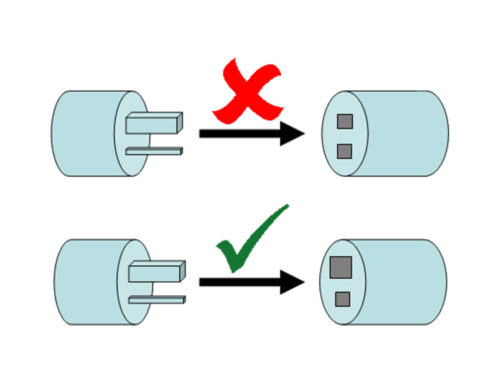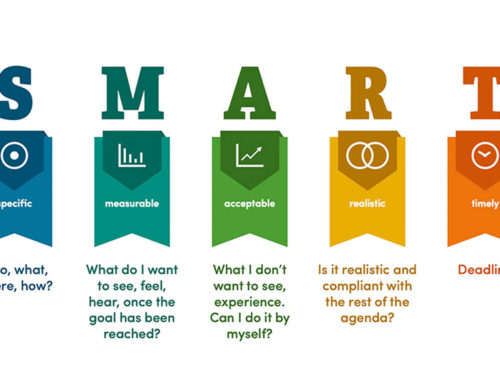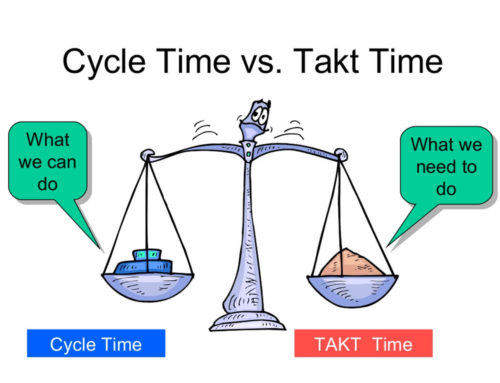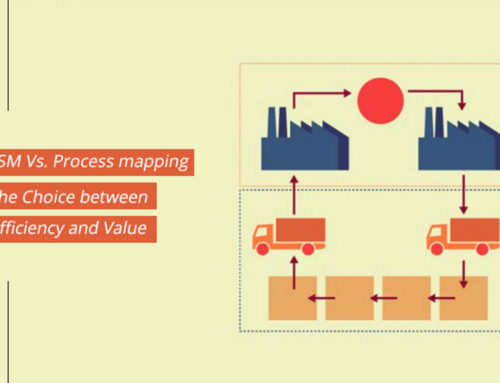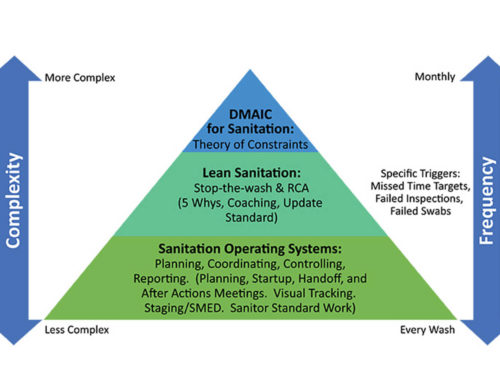In the last couple of decades, the Food Industry has grown manifolds in terms of volume and reach to people, in India. Many Indian professionals who had initially set up a homegrown business are today competing with big food giants.  This has resulted in a big paradigm shift, owing to the consumer demand, which has inevitably developed multiple challenges for the food industry.
This has resulted in a big paradigm shift, owing to the consumer demand, which has inevitably developed multiple challenges for the food industry.
The homegrown industry initially run by inhouse workers later demanded skilled people to improve productivity. The first challenge is to have skilled people.
With increased product delivery, the factories face indecisiveness regarding the quantity of raw material, which poses as a greater challenge. In a country like India, which is impacted by different seasons, the correct number of inventories or buffer stock also makes it difficult to maintain the fluidity in the mechanism of plants.
Machine developers examined the inter-personal bond and introduced efficient and standardized machines to the developing food industry. The machine developer became an ideal solution towards the deterioration of percent-loss in the final output., But in reality, non-conventional and non-alignment of people’s process-oriented (system-driven) culture led to another challenge of poor yields. Due to lack of machine-knowledge, and frequent breakdowns the machine durability faced issues.
In standing competition, customers’ needs always keep changing. This led to the rise of different defects in the products, leading to quality problems.
 In the past, the conventional methods of administrative accounts had eventually worn out because of the greater time-consumption. Consequently, there had been several developments made to meet the quick-tallying procedures. However, the flawless recording is still not undertaken with sincerity. The biggest reason is not having either ERP System or non-utilization of ERP system.
In the past, the conventional methods of administrative accounts had eventually worn out because of the greater time-consumption. Consequently, there had been several developments made to meet the quick-tallying procedures. However, the flawless recording is still not undertaken with sincerity. The biggest reason is not having either ERP System or non-utilization of ERP system.
With the increasing reach of social media network, many customers mention the displeasure over the expectation of the product. This gives rise to various kinds of food-safety or quality complaints by customer.
The regulatory bodies and certification also pose as risk in the competitive markets with an increased cost of production.
So, in daily operations of running an enterprise, Food & Beverage industry faces issues like
- poor sales forecast
- excess inventory
- frequent changes in production planning
- dealing with slow-moving SKU’s
- frequent machine breakdown/downtime
- frequent changeover in production
- poor yield
- excess waste
- inconsistency in quality
- increased customer complaints
- unskilled labor
At Paradigm Services, we have established a team of Operational Excellence professionals who have transformed not only small-scale plants but also big enterprises in the industry.
Operational Excellence (Opex) focuses on improvising the work culture by aligning to customer requirements and sustain in the current competition. This approach helps in elimination of wastes, improvement in yield, better production planning, better customer satisfaction, reduced operational cost, and effectual work culture.
Eventually, the query arises that how does Opex provide compatible solutions for these set of challenges? How will these Opex approaches transform the face of work culture? Will it meet the essential standards in all kinds of set ups?
The cohort of consecutive blogs will analyze, explain, and share the possibilities of solutions through Operational Excellence.


